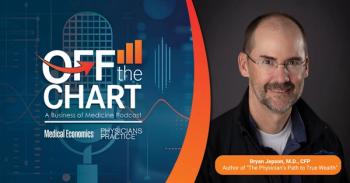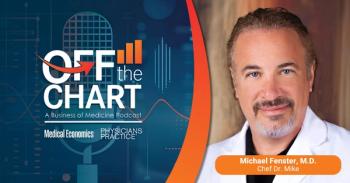
Physician: Do Less, so You Can Accomplish More
Hard-charging business executives know the value of stepping back from professional demands in order to recharge. Physicians should do the same.
One of the challenges of work-life balance is finding time to do all the things that demand our attention and energy. Today's
I admit to being a fan of the "less is more" school of productivity and professionalism. Many years ago I read a book that has probably been more influential in how I manage my professional time than anything else I've read. The book - "The Power of Full Engagement" - was written by sports psychologists who studied how elite athletes perform so well and tried to apply that to the business world. Their conclusion was that elite athletes and business leaders required balance in all things - relationships, exercise, health, spiritual aspects, and work - and that they needed periods of rest and periods of high intensity output in appropriate ratios.
I've tried, with varying levels of success, to adopt this strategy. As I get further along in my career, with new opportunities, it can be hard to find the path to continued success. Not just promotions and advancement and such, but the success of the whole person - in life, at work, and at home. The WSJ article said while some executives may adopt a more measured approach to work; it is not the norm and is actually counter-cultural.
It is difficult to work with workaholics - as doctors are apt to be - and not become one yourself or feel sheepish about leaving work on time. Yet, as health professionals, shouldn't we be leading the charge? We've been appropriately admonished in the last decade for being overweight, smoking, drinking and neglecting our own health while we advise our patients to do what we say, not what we do. Taking this further, our patients should be able to see appropriate balance in our lives as well. This doesn't mean turning your pager off so you never get interrupted with the inevitable emergency. It does mean balancing the known and unknown demands on any doctor's time with the responsibility we have to ourselves and our families to be more than just a doctor.
So, I welcome examples from business sector leaders who lead by example in the pursuit of healthy work-life balance. As messengers of health, I hope that our profession can continue to learn from other professionals who do this well; for our own well-being and that of our patients.
Newsletter
Optimize your practice with the Physicians Practice newsletter, offering management pearls, leadership tips, and business strategies tailored for practice administrators and physicians of any specialty.








